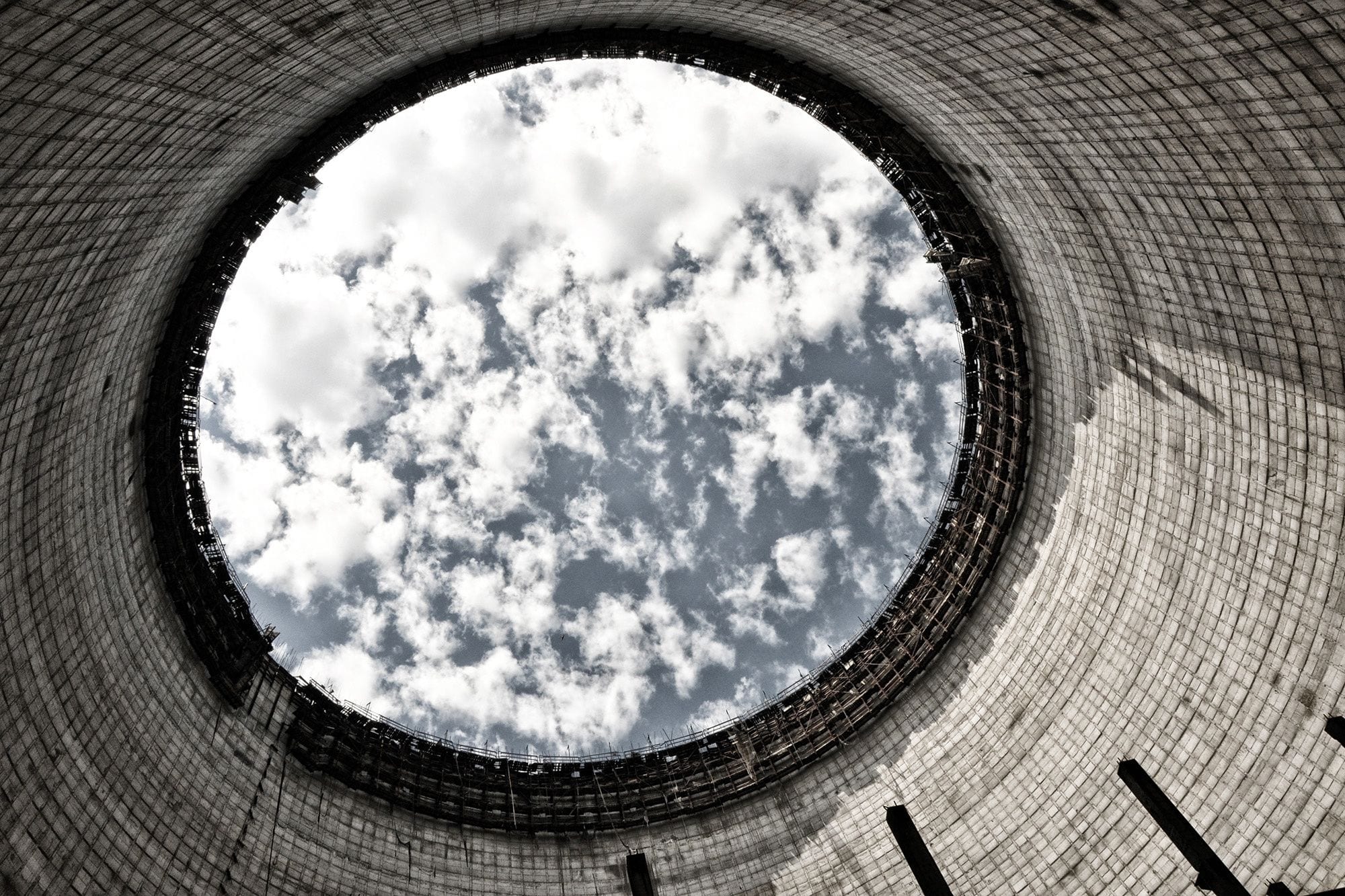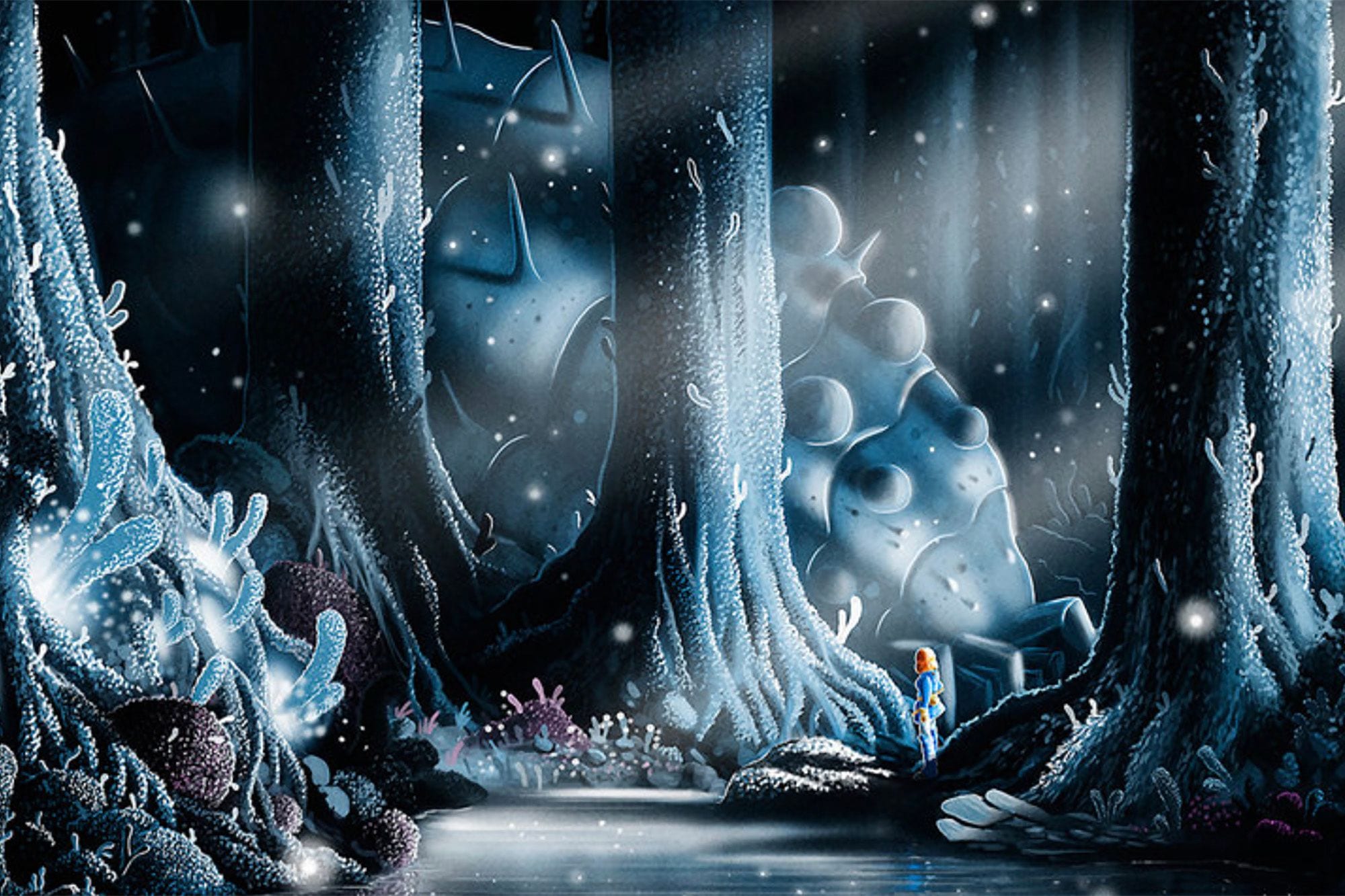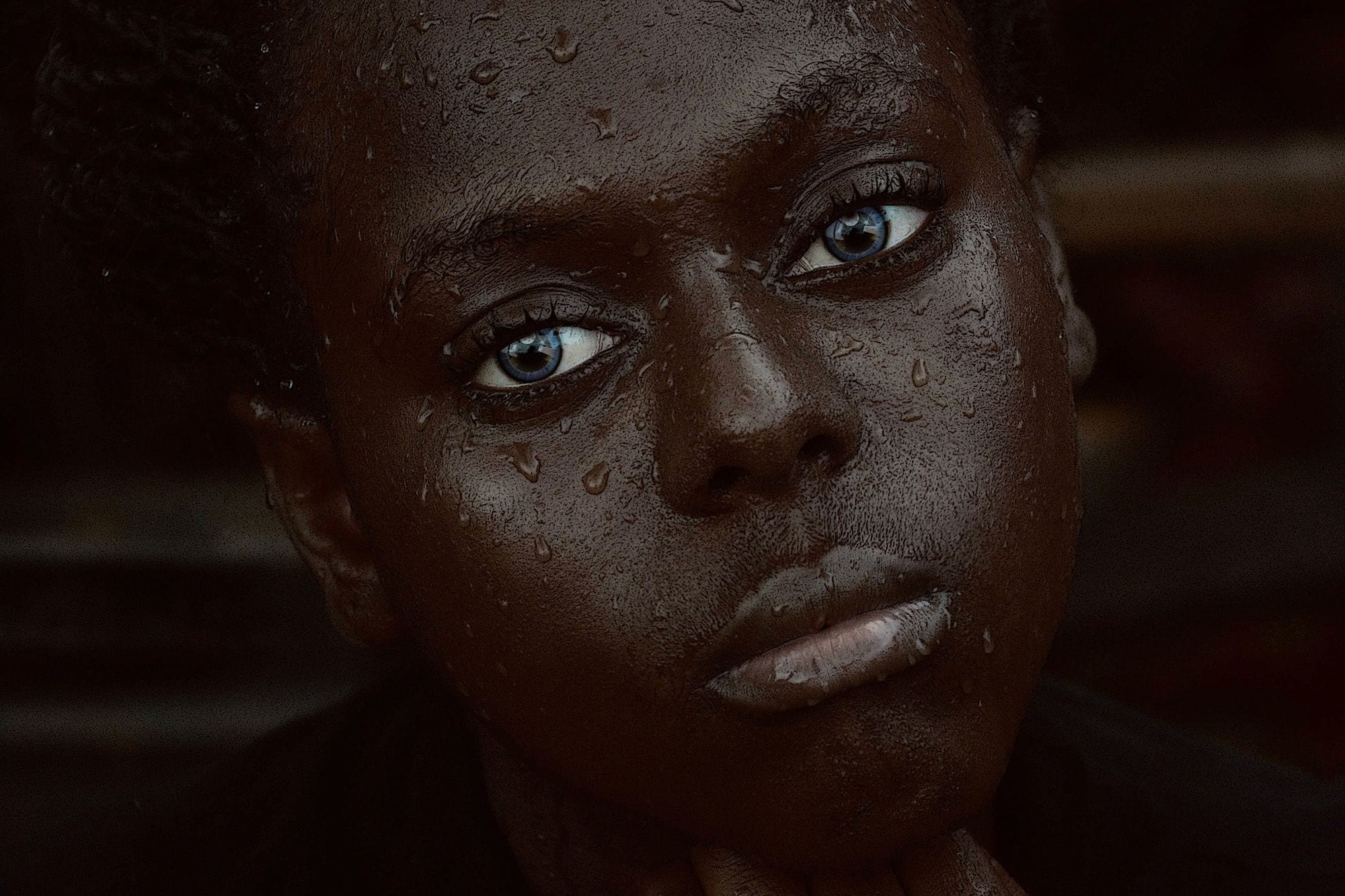
Fire in the Time of Coronavirus
If we venture out our front door we might inhale both a deadly virus and pinpoint flakes of ash. If we turn back in fear we may no longer have a door behind us.

If we venture out our front door we might inhale both a deadly virus and pinpoint flakes of ash. If we turn back in fear we may no longer have a door behind us.

Shortly after the reactor explosion in Chernobyl in 1986, officials in Belarus offered up an argument that will be hauntingly familiar to those tracking the spread of COVID-19.

Miyazaki's powerful worldview speaks to our times in striking ways: the hidden terror of the natural world; the need for truth and compassion; the humanism in the face of adversity.

Mike Davis' COVID-era update about emerging flu pandemics, The Monster Enters, is concise, disturbing, and valuable.

Zadie Smith's Intimations is an essay collection of gleaming, wry, and crisp prose that wears its erudition lightly but takes flight on both everyday and lofty matters.

Concepts within indigenous futurism such as Native slipstream, First Contact, Indigenous Science, and Native Apocalypse, help shape emerging narratives about Indigenous futures.

Throughout Love in the Time of Cholera, Gabriel García Márquez depicts love as an infectious disease. Must we quarantine from it?

In Satoshi Kon's 1997 masterpiece, Perfect Blue, former J-Pop idol Mima Kirigoe's crisis of identity echoes our current 'epidemic' of loneliness -- upsetting the boundary between private and public agency, the desire to hide and the compulsion to be seen.

Folk rocker S.G. Goodman discusses changing hearts and minds in the rural American South, all while releasing her debut album in the middle of a global pandemic. Goodman is a rising artist to watch.

Like Aaron Sorkin, the veteran rock band U2 has been making ambitious, iconic art for decades—art that can be soaring but occasionally self-important. Sorkin and U2's work draws parallels in comfort and struggle.

Octavia Butler's Parable of the Sower, informed by a deep understanding of the intersectionality of dying ecologies, disease, and structural racism, exposes the ways capitalism's insatiable hunger for profit eclipses humanitarian responses to pandemics.

Infodemics, conspiracies, culture wars – the fault lines beneath the Fractured States of America tremble in this time of Coronavirus global pandemic.